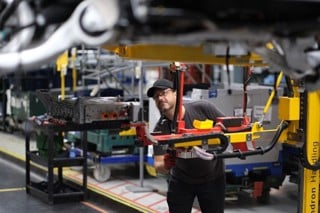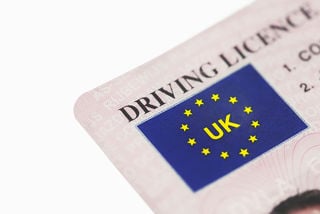Technology is set to have a huge impact on the way the fleet industry chooses, operates and manages its vehicles, according to a new BVRLA survey.
Findings from the Fleet Technology survey show that 45% of fleets consider themselves to be early adopters of new automotive technology. A further 47% would describe themselves as taking a cautious approach, while just 8% felt they were stragglers in their uptake.
When it comes to the factors influencing driver vehicle choice, connectivity and smartphone integration are set to soar in importance over the next five years, according to the survey respondents. Just 20% of fleets believe connectivity and smartphone integration is very important at the moment, but three times as many (61%) say it will be very important in five years’ time.
BVRLA chief executive Gerry Keaney said: “This survey shows that the automotive environment is set to be transformed by technology over the next few years. The knowledge, expertise and buying power of the rental and leasing sector means that it will be at the heart of this revolution. Our findings suggest that some of the things that used to drive vehicle choice – such as driving performance, comfort and design - are rapidly becoming less important as fleets focus on technology and safety.
Fleets highlighted that driverless cars and alternatively-powered vehicles are the technologies that have the potential to have the greatest positive impact on the industry. Fatigue warning devices were cited as the most important safety technologies for fleets, while futuristic features such as night-vision cameras were among the least important for fleets.
Keaney added: “Whether it’s safety functions such as autonomous emergency braking, or fleet management features such as telematics, the rental and leasing sector is well aware of the potential of developments in automotive technology. The BVRLA’s role is to ensure that regulation and the government’s motoring agencies keep pace with these developments, so the fleet industry can continue to innovate.”
More than half of respondents (55%) said fleets wouldn’t be wiling to pay for extra safety technology in their vehicles, with a further 27% saying those who would pay would only do so if it was under £500. No-one said customers should have to pay a premium of more than £1,500.
The results of the survey were announced at the BVRLA Fleet Technology Congress, held at the Heritage Motor Centre in Gaydon on 1 July.





















Login to comment
Comments
No comments have been made yet.